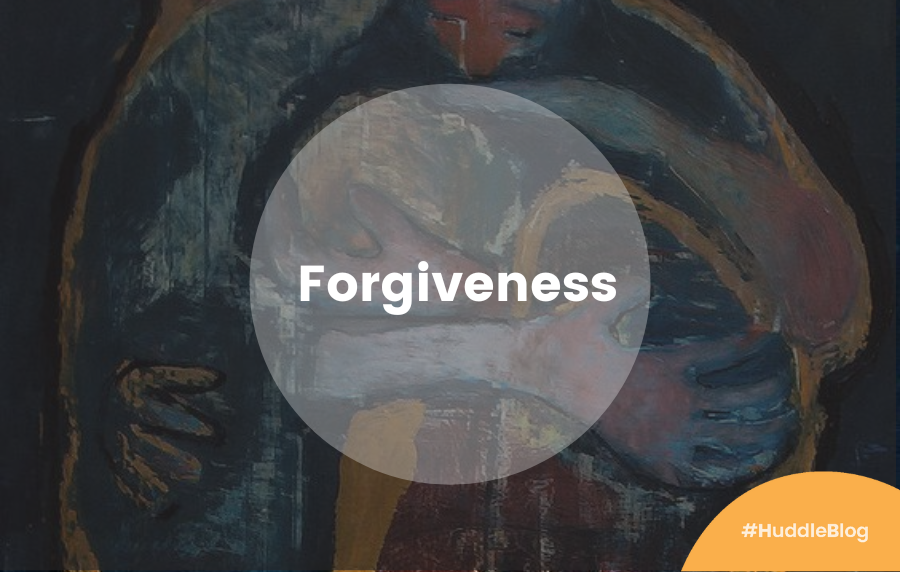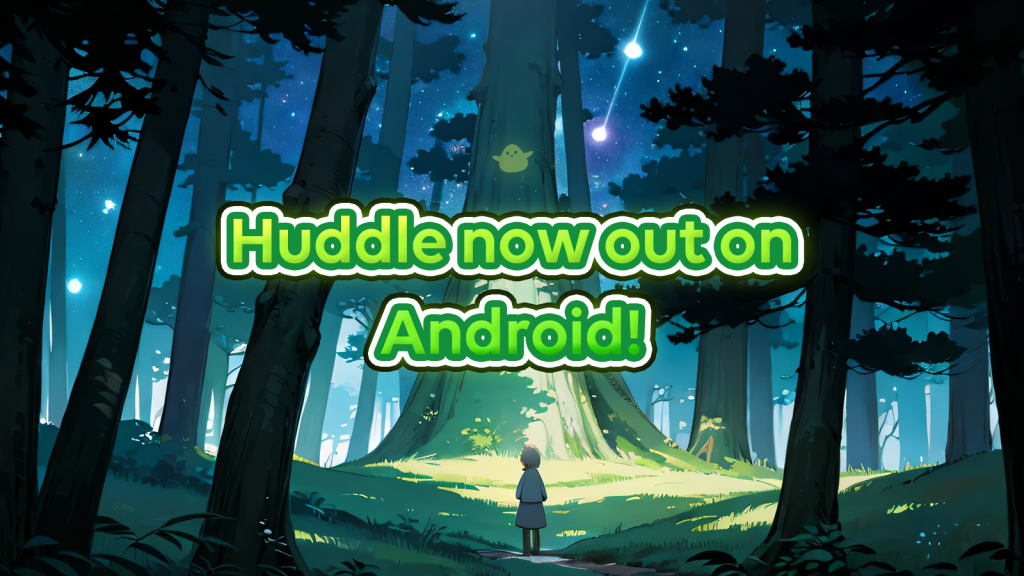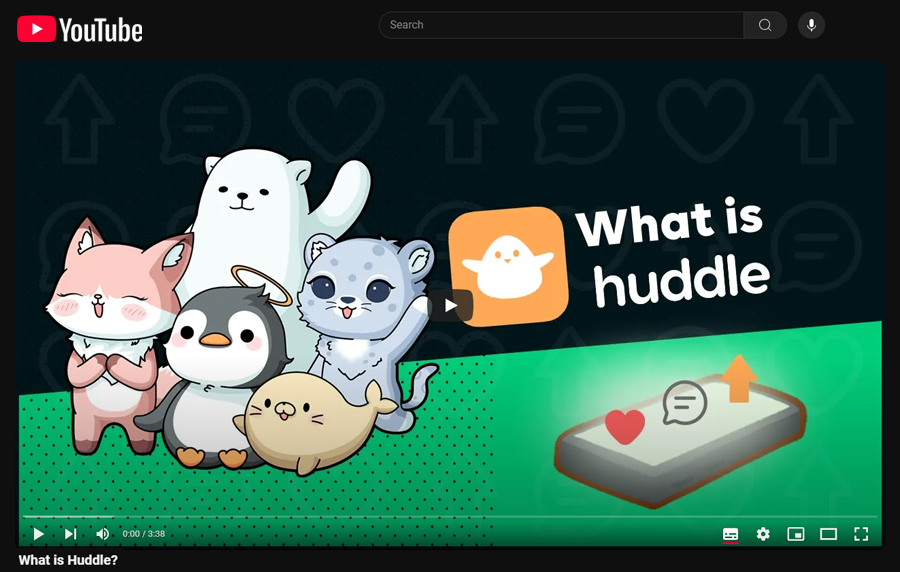- Someone has overstepped your boundary (could be physical, mental or emotional)
- Your perception of this person has now shifted
- You go into a fight, flight or freeze mode depending on how your body naturally reacts to such situations
- Your defence mechanism or need for protection becomes activated and the emotional compass goes out of whack
- Everything you decide to do from here on is no longer rational. We may even regret our actions later on.
How we want to approach this negative emotion is really up to us. We human beings are an adaptable bunch and the experiences we encounter in life is very transient. We are gifted with the ability to perceive the same set of scenarios through a different lens. Whether you choose to believe in the benevolence or malevolence of humankind, your outlook and response to situations change accordingly. It is evident in the way we all love a good compliment. It reminds us of the good-natured beings behind all the labels we carry. Deep down, we want to believe the world is a good place filled with good people just as children see the world with glittery eyes full of wonder and love. As we grow older, society unconsciously reshapes our thinking. Just do a quick scan through your lifetime and you may notice a strong pattern.
Here are 4 concepts of forgiveness:
Awareness
The first step to forgiveness is to identify what you are trying to forgive. Let’s use a visual representation of what holding on to grudges look like. Try to imagine yourself as a pot, and inside is some soup. Take a moment to look at what are some of the ingredients inside. Every ingredient matters because it not only takes up space but the quality of the final broth will be affected. What would you do if you see some brussel sprouts in there? I’m raising my eyebrows at those of you who think brussel sprouts taste good. No, it doesn’t! As long as you don’t like any of the ingredients, anything else that you add on top will not make it any better. Every time you drink it, there will still be this lingering taste of it. The purpose of this analogy is to help you understand the importance of your well-being as a whole. The ingredients in this soup represent all the things that you are holding space for.
- What are you trying to forgive?
- What kind of emotional response arises when you think about it?
- What are some other perspectives on this situation?
Acceptance
Acceptance is the key to forgiveness. When we hear the word “acceptance” used in this context, we usually relate it to accepting what and why it happened. It involves us convincing ourselves that we just need to forget about it and not let it affect us. This creates an unfavourable loop of unresolved questions like “How could you?” or “Why must it be me?” or “Why now?”… the next thing you know, you’re having anxiety just thinking about it. When you give your mind a job that has no definite end goal, you’re preparing for it to go into an abyss. Adding on the fact that you’re in an emotionally unstable position, there is no clear objective for your mind to process. By giving yourself a point of reference and a clear objective, you are in a better position to go back into alignment. Set your intention to accept the present moment. We can shift our focus to accepting our current state. When we say present moment it really does mean this very moment. Every moment passes by so quickly. This is one moment, and now it’s gone. Here comes another moment and another and another. The more you think about what has happened, the more you place your mind in the past tense. Assess your life situation and plan your march forward. It projects your mind to be more opportunistic, seeing what’s out there, without blaming yourself or struggling against negative emotions.
Power
Your thoughts and perceptions can change the outcome of your life. You can reframe your mindset surrounding what you need to forgive. The power of how you want to live your life lies in your hands. How do you want to narrate the story of your life from here on? Reclaiming that power is the trump card to transitioning out of being the victim to living a free life. You have the power to decide what you want to focus your time and energy on. As long as you are holding on to this grudge, you are allowing your attacker or whoever that has hurt you to live in your head rent free.
Sustainability
Forgiveness doesn’t just come simply by a miracle and suddenly all your worries dissipate. The way to start the journey of forgiveness is through gaining an understanding of our psychological and physiological functions. Your attitude for life shapes your perception of the world and in turn your behaviour to which you deal with difficult situations. How many days have you woken up to the news blasting about crime happening in your city or your phone notifying you about a new scandal? We are especially vulnerable during the early morning hours. When we are in deep sleep, our brains are in delta waves. The immediate moments after waking up is when your brain transitions slowly into alpha waves where you’re almost in a daydream state, then into alpha waves where you are relaxed but not yet ready to process heavy information. Having anything loud and triggering in the first few moments of waking up forces your brain to jump-start from delta straight to beta waves which are associated with busy and active concentration. By injecting these negative pieces of information first thing in the morning, we allow them to set the tone for our day. What we see, do and hear every day consciously and unconsciously play a crucial role in our perception of the world. It is a daily practice to choose who you want to be and what core principles you uphold. If you choose to lead with anger, you are allowing it to swallow you whole. It can take over your emotional compass and decide on the next moves without your conscious thought process. Anger leads to stress, and stress contributes to serious health and mental problems. It slows down your healing process both physically and mentally. When you allow the anger flood gates to open, your body experiences systemic dysregulation. You start noticing a shift in mood, getting easily irritated and increased hostile behaviours. These factors in turn affect your ability to control the expression of your anger and slows down the speed of your healing. We have to be patient and get to know this anger, allowing it to walk us towards the path of forgiveness. Let that anger be the reason you forgive. Acknowledge these waves of thoughts and keep moving forward.
Our body is familiar with routine and momentum. Breaking a pattern makes it ten times harder to bounce back. Using mantras in the morning rewires your mindset and sets the intention for the day. It brings you out of the state of stuckness and onwards into motion.; get your mind out of a situation and into the right intention. Mantras embody the destination – inner peace. One of the highest levels of our purpose in life is having inner peace. To operate from a place of tranquillity. Finding that even point where your mind can rest and digest information.
Daily Mantra: ”I am forgiven. I am forgiveness. Forgiveness sets me free.”
When you choose to lead with compassion and kindness, you start noticing all the good in the world. Let that be your practice. Within all the bad things that we do, we are also beings with pure love and kindness. Focus your attention on the good and let that be your true north, guiding you in the right direction. When a particularly triggering event happens to you, you can be aware of and activate this practice. You no longer allow the trigger to dictate your actions forward. You are consciously choosing how you react to the situation right then and there. Forgiving does not mean you simply forget and erase what has happened. It is a powerful tool for you to let go of the emotions that arise because of these said events. Learn to recognise them if they do come up again later in life. The vulnerability that allowed you to get hurt is also what allows you to feel that genuine connection and intimacy of love. Our free will allows us to hurt or to love. This same free will therefore also allows us to choose whether we want to be hurt or be loved. The difference lies in which one we choose to focus our attention on. Whether we immerse ourselves in the pain and hurt or if we choose to love and be loved.





